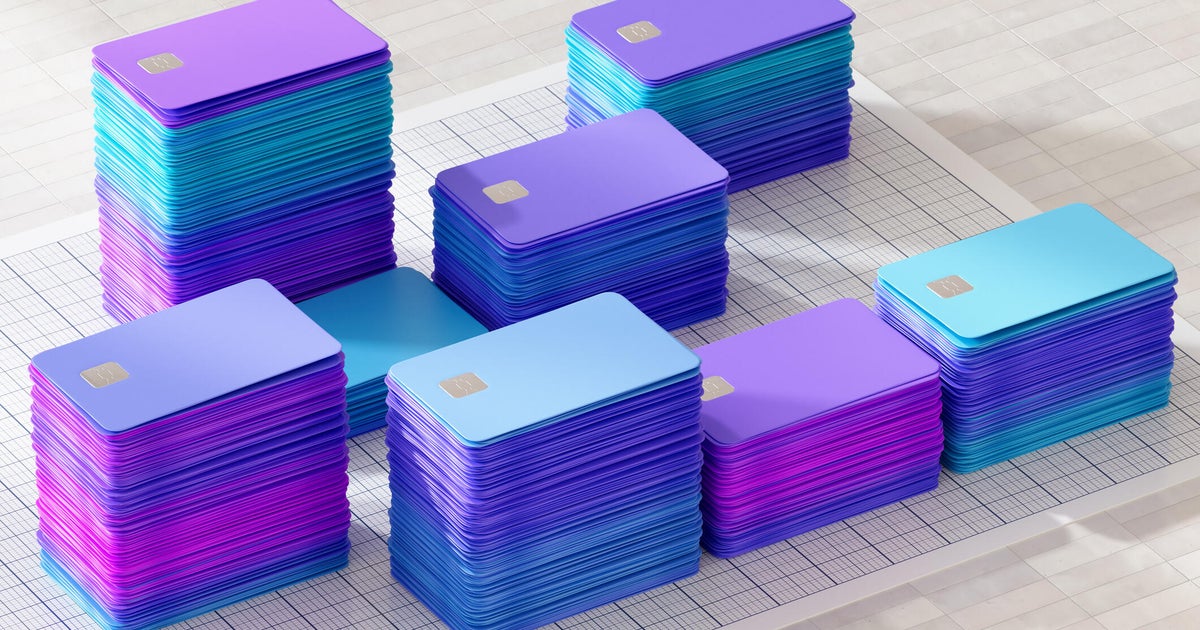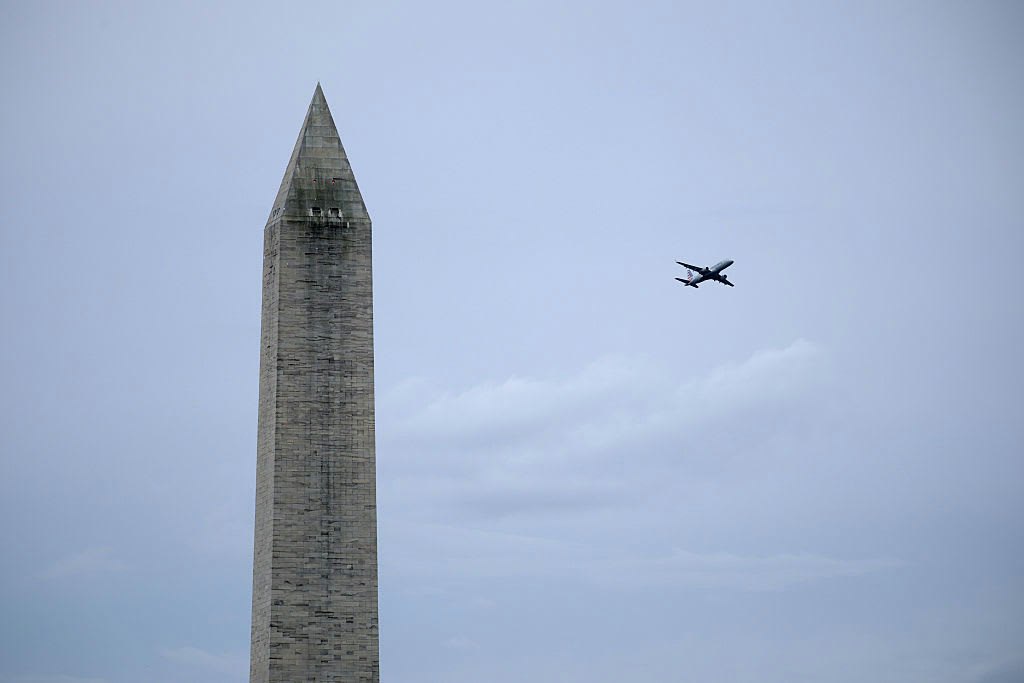Small businesses ready for Paycheck Protection Program, but banks aren't
A key part of the U.S. government's $2.2 trillion economic stimulus plan is stumbling out of the gate, as tens of thousands of small business owners scrambled to figure out how to tap desperately needed rescue loans.
Friday was the first day employers could apply to the Paycheck Protection Program, which is aimed at helping small businesses retain workers and pay bills during the novel coronavirus pandemic. But the effort is off to a slow start, with frustrations running high over the process.
Despite a deluge of applications, $4.3 billion in loans — or just 1.1% of the funds available under the $359 billion program — had been approved as of Friday evening, according to a tweet from the head of the SBA. Toward the close of business for the day, only four of the nation's 10 largest lenders to small businesses were accepting applications.
The biggest obstacle was that the Treasury Department issued final rules for the program only on Thursday evening, a banker said.
"They said, 'Here are the rules, and you get 12 hours to start making loans,'" said Huntley Garriott, president of Live Oak, which as of last year was the country's largest small business lender by dollars lent. Nonetheless, Live Oak said it was able to begin taking applications on Friday morning and that as of mid-afternoon about 1,400 of its 4,000 clients had applied for a Paycheck Protection loan.
"Everyone in the banking industry is responding pretty courageously right now," Garriott said.
For borrowers, the biggest hurdle was simply trying to figure out which banks were participating and accepting applications. On Friday morning, financial industry giants Citigroup, JPMorgan Chase and Wells Fargo said they were not taking applications until the government provides more guidance on the Small Business Administration program.
"[JPMorgan] Chase's website is completely down," said Colin McInotsh, founder and CEO of Sheets and Giggles, a Denver, Colorado-based eucalyptus bed sheet company. "Also, the application they are accepting is completely different from the one we spent time gathering information for this week. It's a nightmare."
By Friday afternoon, JPMorgan announced that its Chase banking unit had begun accepting applications. U.S. Bank, too, said it hoped to be taking applications by the end of the day.
Among the nation's biggest banks, only Bank of America was accepting loan applications as the Paycheck Protection Program kicked off. The bank said it had received more than 85,000 applications on Friday requesting a total of $22 billion in loans.
"We've been working around the clock to be ready," said a person at Bank of America familiar with the bank's preparations, adding that senior executives, including CEO Brian Moynihan, had been involved in getting the bank's program up and running. "I think other banks were hoping that by saying they weren't ready, the Treasury would delay the program. But we pushed ahead."
President Donald Trump on Friday tweeted that a number of banks, including Bank of America, were doing a "great job" in getting the loan program off the ground.
Helps to be a client
Still, even among lenders who said they were taking applications on day one, the window for loans was limited to small businesses that were already clients of the bank.
Bank of America said it was only accepting applications from businesses that had both a small business checking account with the bank, as well as some prior lending relationship. An official at the bank said it was being fairly liberal in defining a lending relationship, noting that an open credit card would qualify. But businesses that only had a checking or cash account with the company would not initially be allowed to apply for a loan.
U.S. Bank appeared to be the only major lender that said it would accept applications from businesses that weren't already customers. Even then, the company said clients would get priority and that it would only make loans in the bank's existing markets around the U.S. That means many small businesses that had not taken out loans in the past would at least initially have problems getting money through the program.
Some business owners who were able to file a loan application said the process was straightforward. "It went pretty smoothly," said Isaac Bendrao, owner of a Learning Express toy store franchise in Aventura, Florida, who is seeking a loan through Bank of America and said its application was easy to complete.
Less clear, by contrast, is when his loan might be approved. The application said "Do not call us, do not come to the bank, don't ask our staff about this, nobody knows. We will call you," Bendrao said." I didn't get an application number or anything. Now we are just waiting to see how it goes."
What could hold up loans
Regulators hoped that rolling out the Paycheck Protection Program through the Small Business Administration would make it easier to launch. But bankers pointed to some impediments. As part of the program, for example, businesses that meet certain guidelines — including continuing to pay their workers — will have the loans forgiven. But banks said it was not clear who would verify if a borrower has lived up to those requirements.
Another problem was that the government made a late change to how banks must calculate borrowers' payroll, which determines how much may be loaned. Some bankers said so-called "know your customer" rules that require banks to make sure business customers are not involved in money-laundering or other illegal activities made it hard to extend the loans to new customers.
Trump administration officials also have not clarified how to count the employees of affiliated companies and if owners of multiple businesses should tally their combined employees in trying to stay under the small business lending cap.
Meanwhile, individual banks say they haven't gotten any guidelines on how much of the $359 billion in loans will be doled out to each bank. A source close to the Treasury Department told CBS News that this is being worked out, but expressed doubt that loans would be issued as quickly as the agency — and business owners — hope, CBS News' Margaret Brennan reported.
Live Oak's Garriott said nearly everyone at his 600-person bank had worked non-stop for the past two weeks to get up and running. He said there had been some technical issues to iron out throughout the day, but that SBA officials had been in contact and answering questions.
He added, "To get a program this complicated going especially right now, the administration has done an incredible job."



